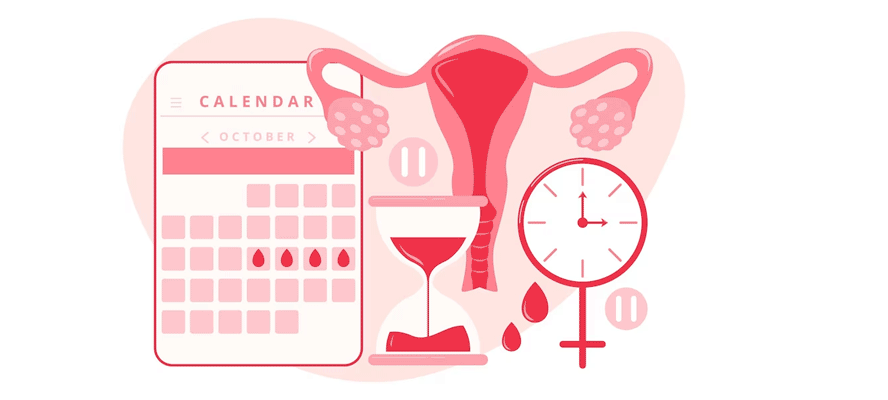Learn everything about the PCOD Blood Test, before you book lab test online. Understand the why, how, and what of this test.
Why Do I Need Blood Test For PCOD?
Polycystic ovarian disease (PCOD) is a common endocrine disorder occurring in women of reproductive age that can lead to various complications such as:
- Infertility
- Irregular or No menstrual cycles
- Excessive hair growth (hirsutism)
- Uncontrollable acne
- Sudden weight gain
- Fatigue
- Low Sex drive
- Difficulty conceiving (because of irregular ovulation or failure to ovulate)
- Mood Swings or Anxiety
- Thinning hair and hair loss from the head (Male pattern Baldness)
How To Prepare For PCOD Profile Test?
It is advised to be under fasting (not eat anything) for at least 8-12 hours before the healthcare provider can collect your blood for the PCOD Profile Test.It is important to note that fasting is required for this test in order to get accurate results. This means that you will need to refrain from consuming anything (except water) for at least 8 hours prior to your scheduled appointment.
However, if you are currently taking any medications, it is important to let the provider know this before the test. They might request you stop taking certain medications before the test for accurate results.
It is also best to avoid drinking alcohol or using drugs at least 48 hours before the test, as it may hamper the test result’s accuracy.
What Happens During PCOD Check-Up?
A PCOD Blood test only takes a few minutes.
- As per the scheduled time of the blood test, a Lab Technician who usually takes blood samples will arrive.
- A thin needle will be used to draw blood from your arm’s vein.
- The needle might cause a mild pinch and some discomfort.
- The lab technician then fills a collection tube with blood and then removes the needle from the skin.
- They place a small bandage on the arm.
- These samples are then sent over to the laboratory for analysis of the levels of testosterone, luteinizing hormone (LH), follicle-stimulating hormone (FSH), and estrogen.
Please note: You might feel slight pain at the spot where the needle was inserted, but most of the symptoms go away quickly.
In addition, an ultrasound examination of the ovaries can also be suggested by the healthcare provider to identify cysts on the ovaries and assess the size and number of the cysts.



























